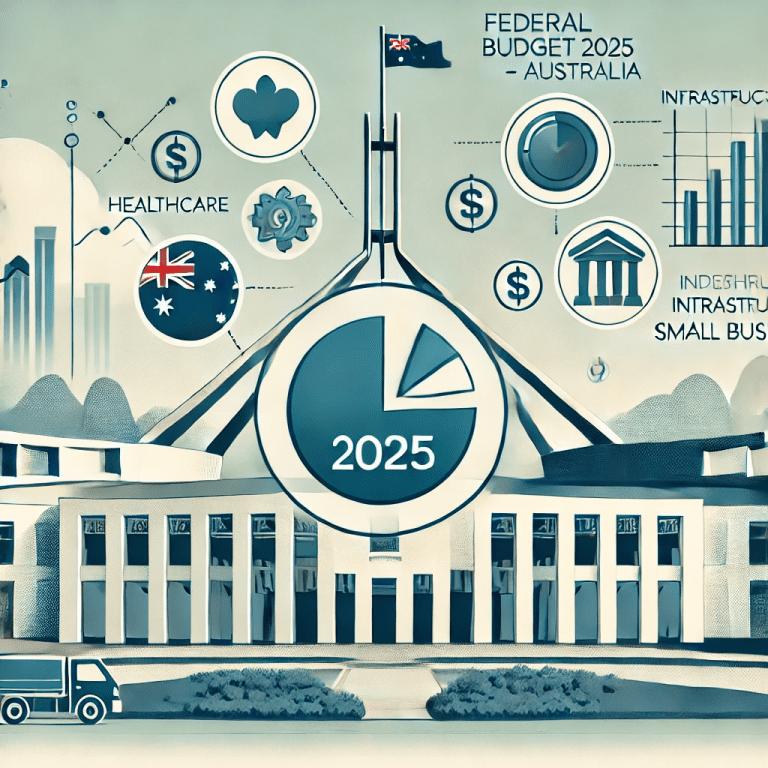
We have to be concerned about the apparent lack of competition in the Australian Financial Services industry. The latest scandal to emerge from the industry – the allegations against Comminsure on the ABC’s Four Corners program – was instructive, not so much for any alleged wrongdoings by CBA, but more so the deafening silence from their competitors since. This was followed by Prime Minister Turnbull, at Westpac’s own lunch event, warning banks that they must get their act together.
Since this programme aired last month, ASIC have announced their intention to undertake a “thorough probe to investigate whether there are deeper systemic issues in the industry[1], other than just those raised in the ABC investigation”. However aside from this and some minor newspaper comments, there has been relative media silence emanating from the industry itself. There hasn’t been so much as one advertisement either in defence of the industry. Even more startling is the obvious lack of any competitors looking to take advantage of CBA’s problems and grab market share.
Imagine this wasn’t Financial Services, but any other industry. The first thing you would see following a scandal like the above is an advertising campaign exhorting you to “Come over to our business, where things are OK”. In the wake of any serious allegations such as the aforementioned, one would expect a raft of ads on TV, newspapers and general media from the CBA’s main competitors, all desperately claiming to assure you that you would be better off with them.
The strange thing is that there hasn’t there been as much as a peep from the competitors. There can only be a limited number of rational explanations for this:
1. The competitors don’t care enough or are simply not worried. It could be that the Big 4’s hold over customers is so strong that they are happy to ride out the storm.
2. The competitors may also be at the same thing, and are hence worried about getting caught. This would indeed be worrying if it were true although any benefit of doubt must be given before accusing them.
3. There is a cartel system at play among some of the big players. This is not a mutually exclusive possibility to the above two explanations. A cartel is where market competitors agree that they are all better off if they limit their market competition. The advantages in not properly competing is that as long as every player respects each other’s incumbent position, then profits are kept higher than they otherwise would be. Basically they all agree that the pie is big enough to feed everyone quite well.
The Financial Services market in Australia is huge in terms of numbers employed, profitability, influence and market reach. It is arguably as powerful as any lobby group. You may recall a few years ago when the RBA began cutting rates, the then-Minister, Wayne Swan, had to effectively go cap-in-hand to the majors banks and ask them to pass on the odd rate cut to customers. I have worked in six different jurisdictions across the world and I have rarely, if ever, seen such power concentrated among so few players.
Where did this power come from?
Most Australians over the age of forty will fondly remember how in primary school, children were given a Commonwealth Savings Box, or how a Westpac Bank Manager would visit the school and open accounts with a “Passbook” for young children. As a consequence the children grew up to return to the same bank and rarely strayed from their lifelong branch as they had a meaningful relationship with them. Certainly it was much harder to get a loan back then, and so an active relationship with your Bank Manager helped as your character as a borrower was encouraged and being ratified. Banks that treated their customers fairly ensured a life-long relationship with the bank and the people who worked there.
What is changing? In the relentless push for eye-watering profits, actual growth in terms of market share for the big boys has nearly reached its natural limit. Hence the need to cut costs ever more aggressively has taken over. Big banks have swallowed up smaller banks; or merged with each other, leaving fewer and fewer real competitors. This has also brought inevitable job cuts, off-shoring to cheaper markets and branch closures. The commoditisation of jobs (in the surviving branches) has meant that it is rare to see the same person in the same role for more than 2-3 years. For the customer, building a long-term working relationship with a banker is now a near impossibility. You are now encouraged to “go online”.
While banks are behaving badly and service has become less personal, customers are starting to question their life-long loyalty, to individual banks and the institution of banking. But this doesn’t mean customers will suffer. The emergence of the broker market in banking and insurance has meant that more than ever before, the Australian consumer now wields the power to change their preferences. Last year, of all the new mortgages written in Australia, over 53% were written through independent brokers or mortgage managers. This in itself shows customers becoming more savvy. But I believe this is not just about cheaper rates and choice. The long-term value a broker adds has been most consistently noted to appeal to customers.
If we have been operating under a cartel, perhaps cracks are now showing. If banks truly are reaching the end of an era of massive profitability (as I believe they are), even with solutions such as branch closures, mergers, offshoring and ‘online solutions’, we can expect more, not less, of banks-behaving-badly. Whilst Malcolm Turnbull ticks them off over lunch (which is politically smart), but refuses a Royal Commission (we don’t want all the truth to get out), customers will continue to vote with their feet.
The ultimate irony may be that the customer desire to build a lasting, trusted relationship with a local banker, the very kind of relationship and loyalty which banks once encouraged – even nurturing relationships with schoolchildren – is now better met by independent brokers. For all the invisible shenanigans that may or may not make news headlines, this fundamental attitude of true service may decide the fate of Australian banks.
To discuss this article or any points raised, please feel free to contact Australian Mortgage Corporation at [email protected] or phone +61 7 5456 2928.
[1] Sydney Morning Herald, 18th March 2016




